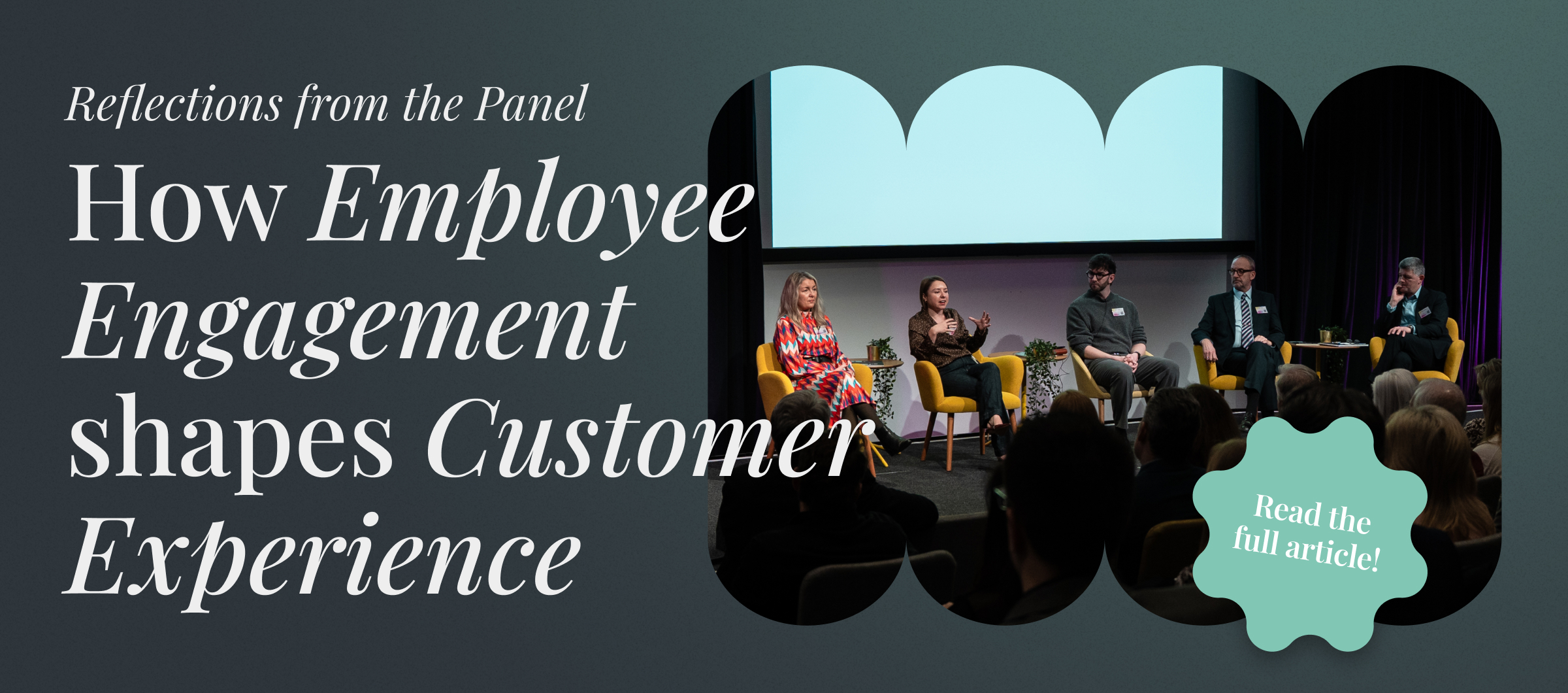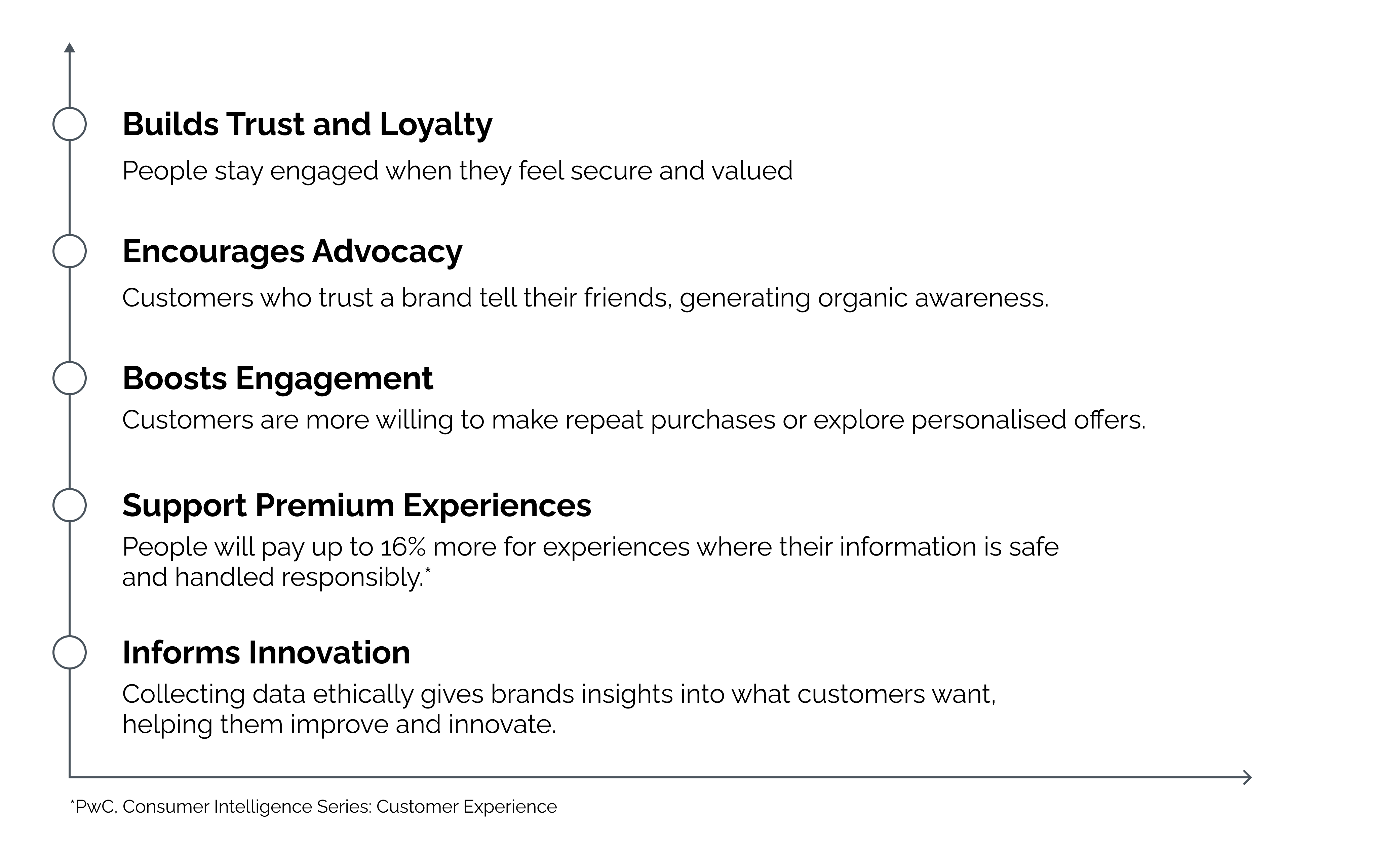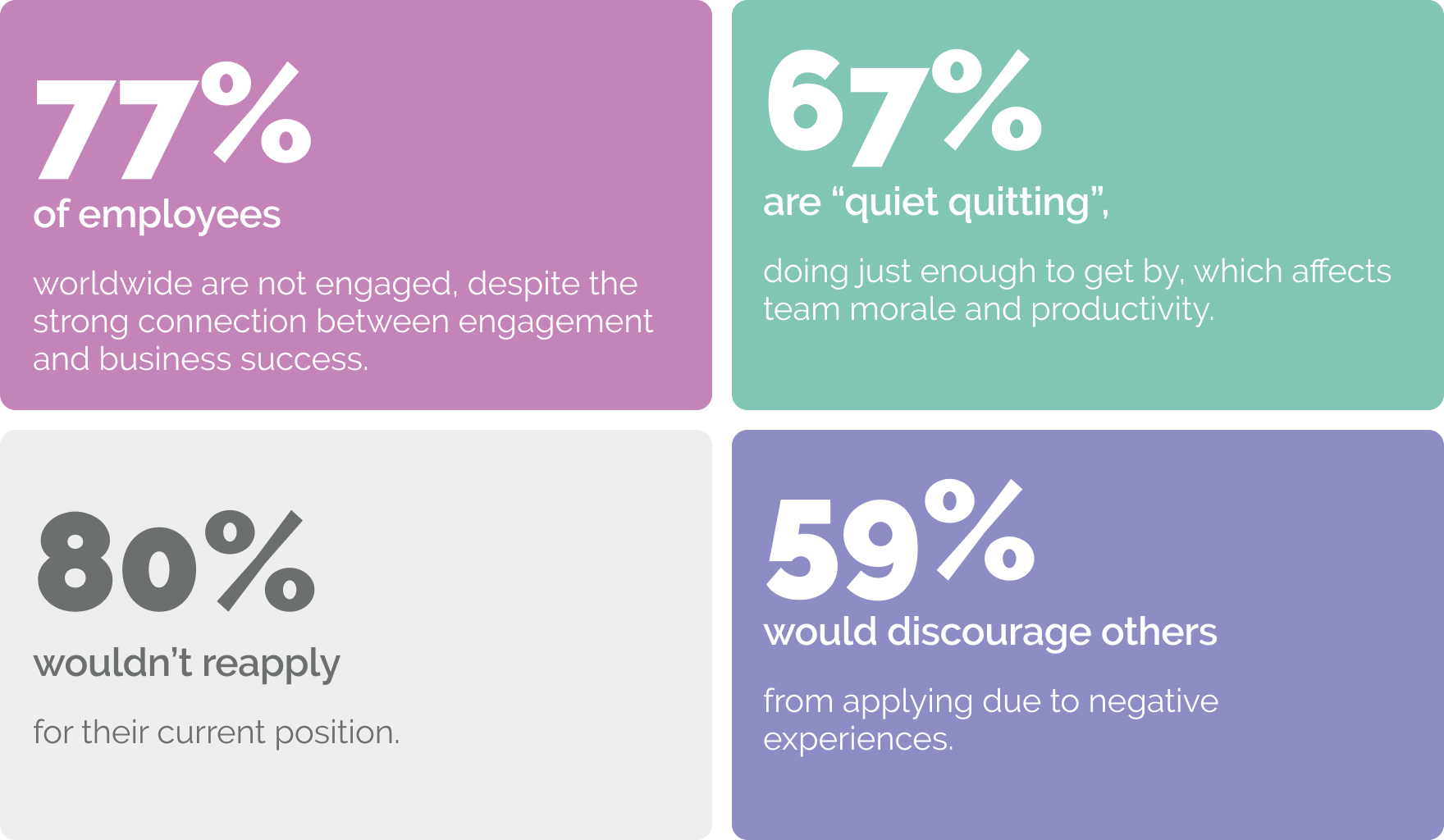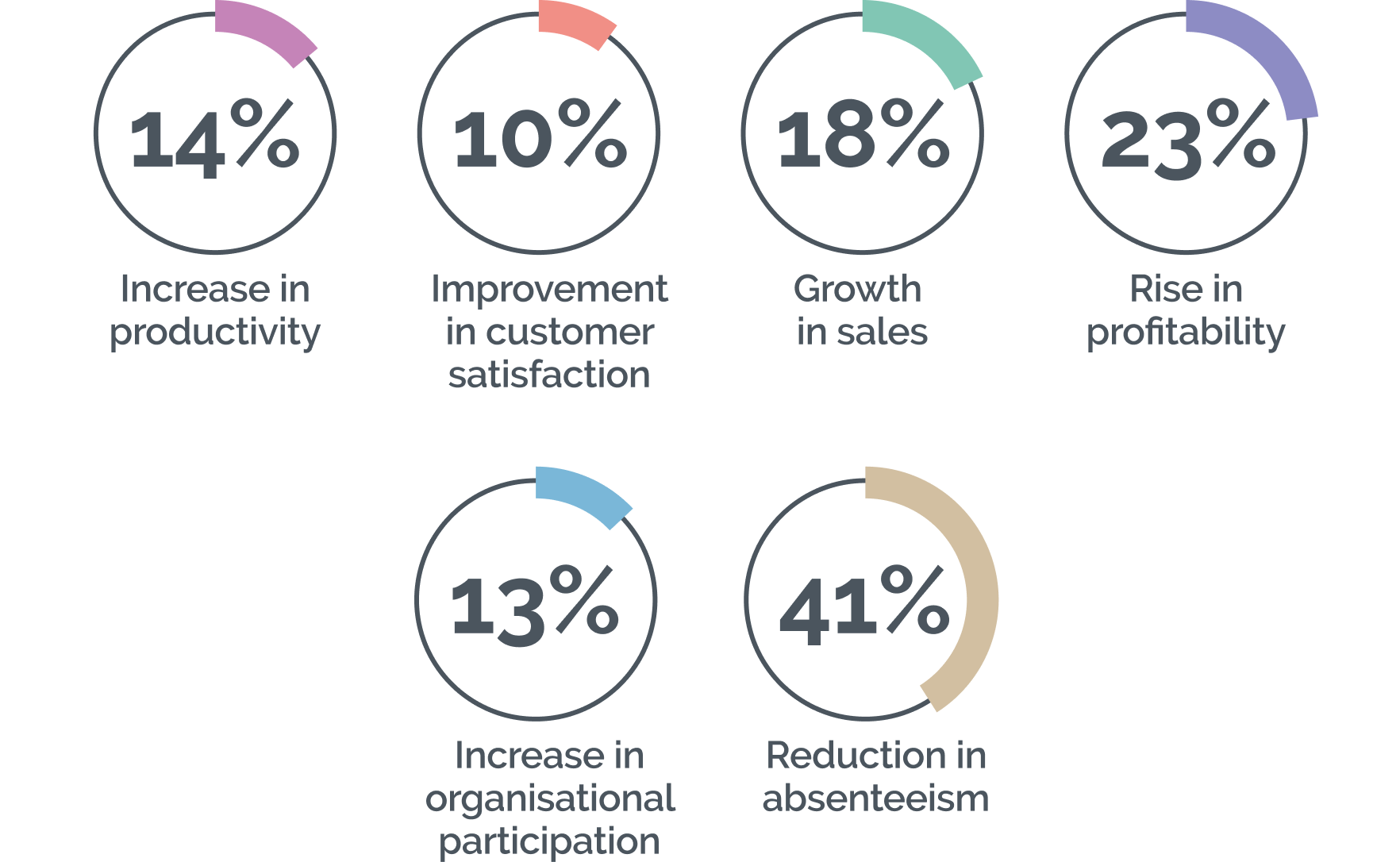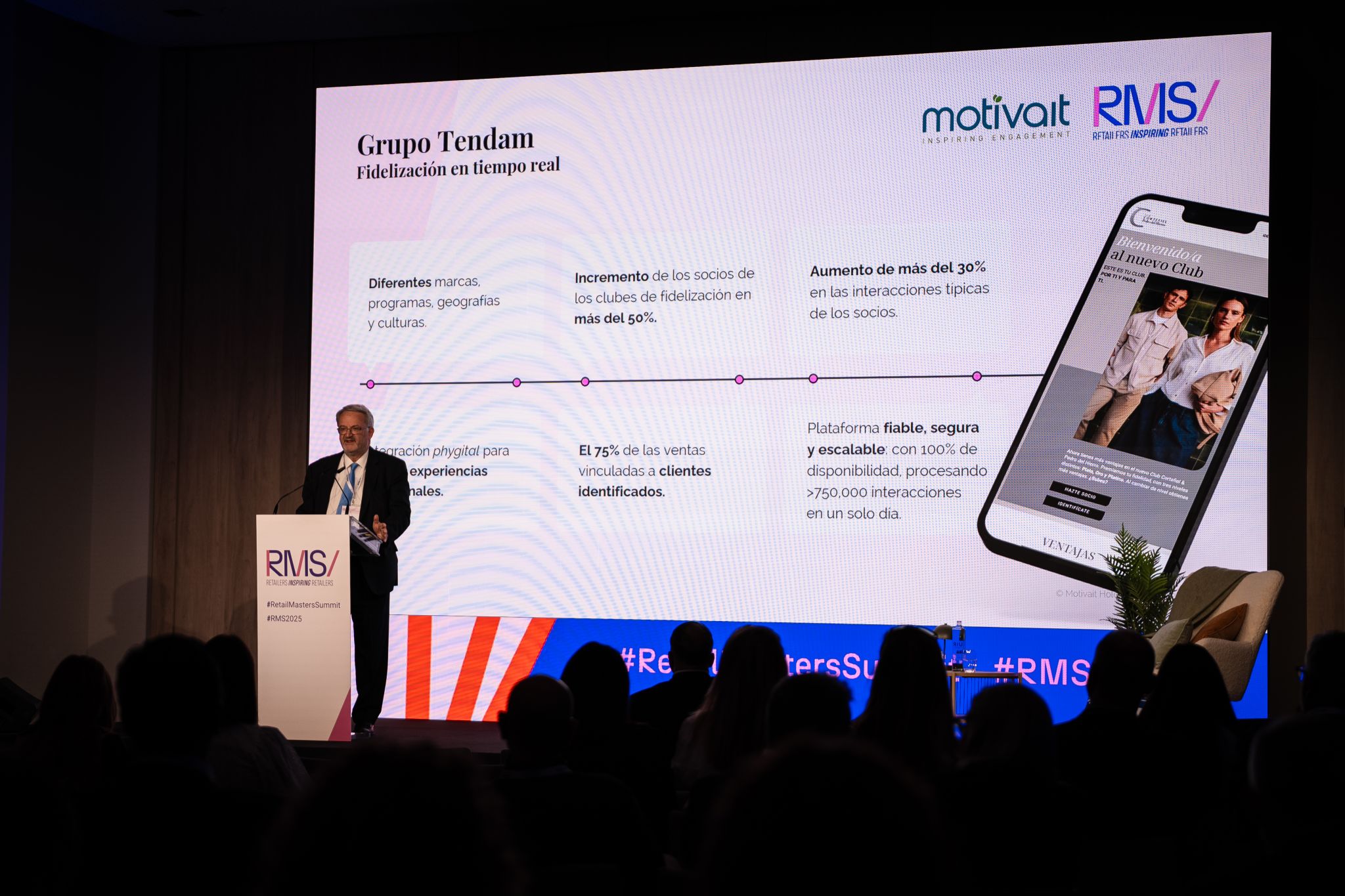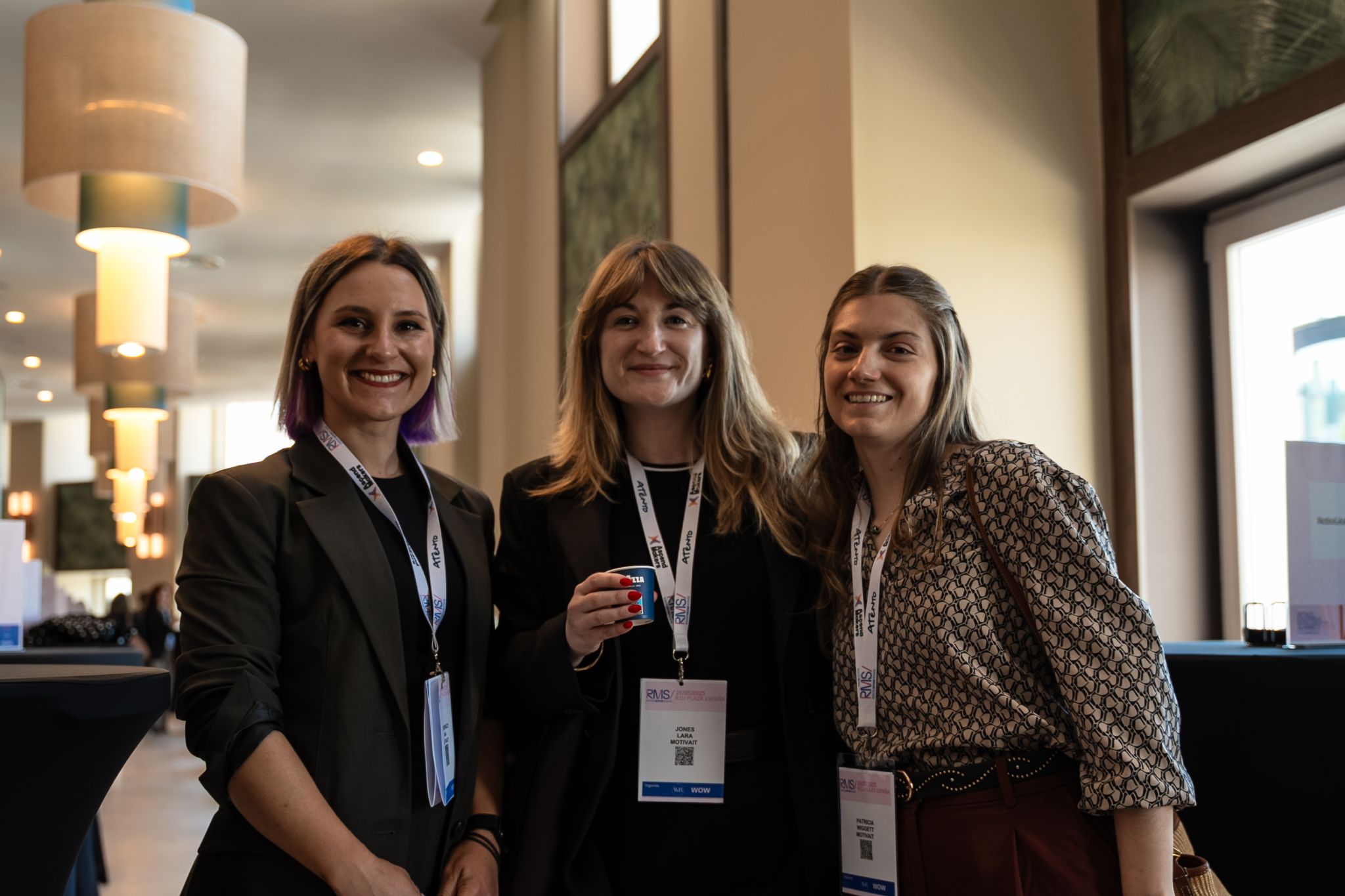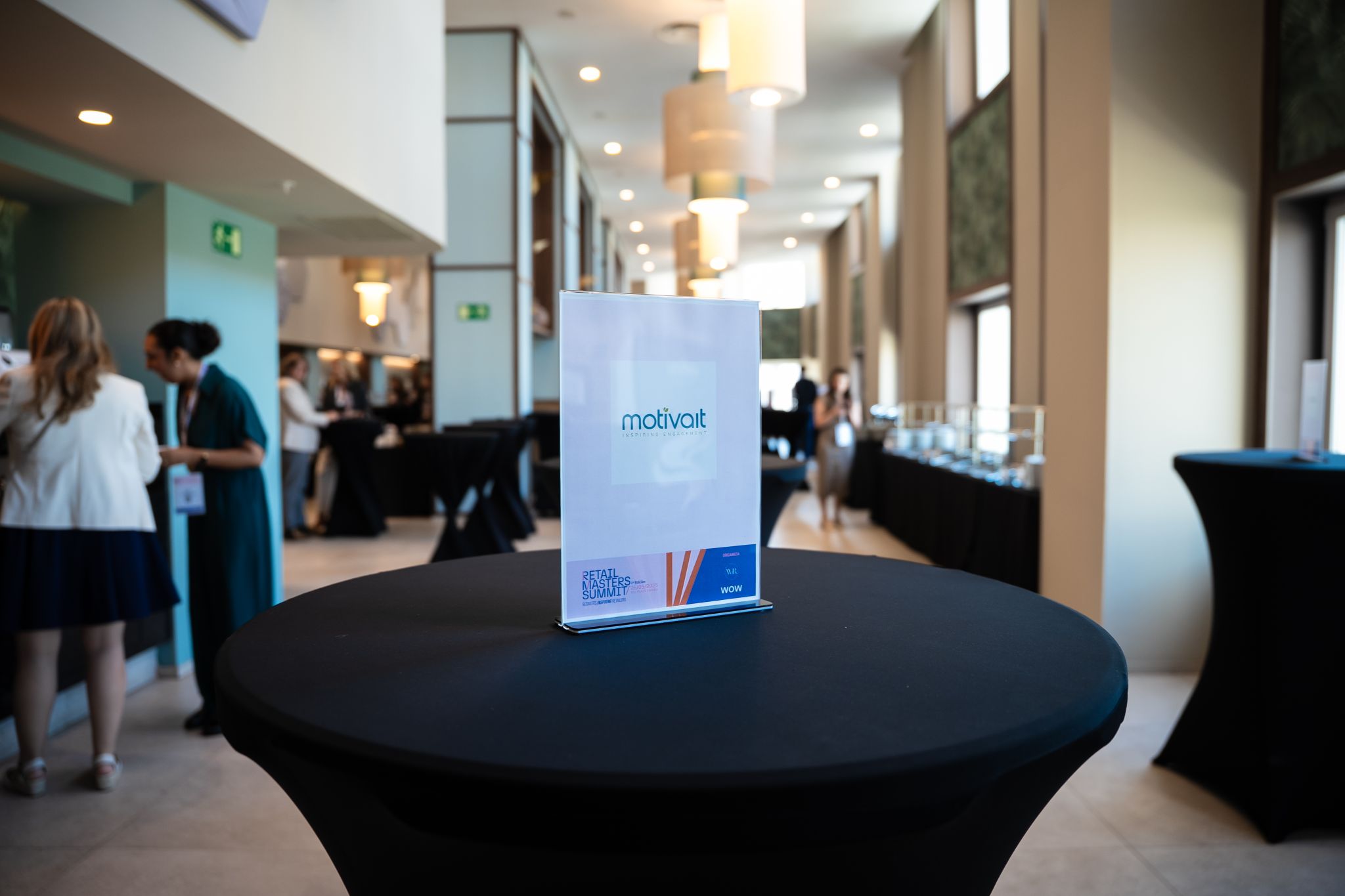Reflections from the Panel
The connection between Employee Experience (EX) and Customer Experience (CX) is often discussed, yet rarely fully understood. Across sectors – from hospitality and sports to financial services and transport -leaders are discovering a simple truth: investing in employees isn’t just about engagement. It directly impacts the quality, consistency and emotional resonance of the experiences customers receive.
Drawing on insights from industry leaders, several key themes illuminate how EX drives CX, and how organisations that prioritise their people ultimately enhance the experience of everyone they engage with.

